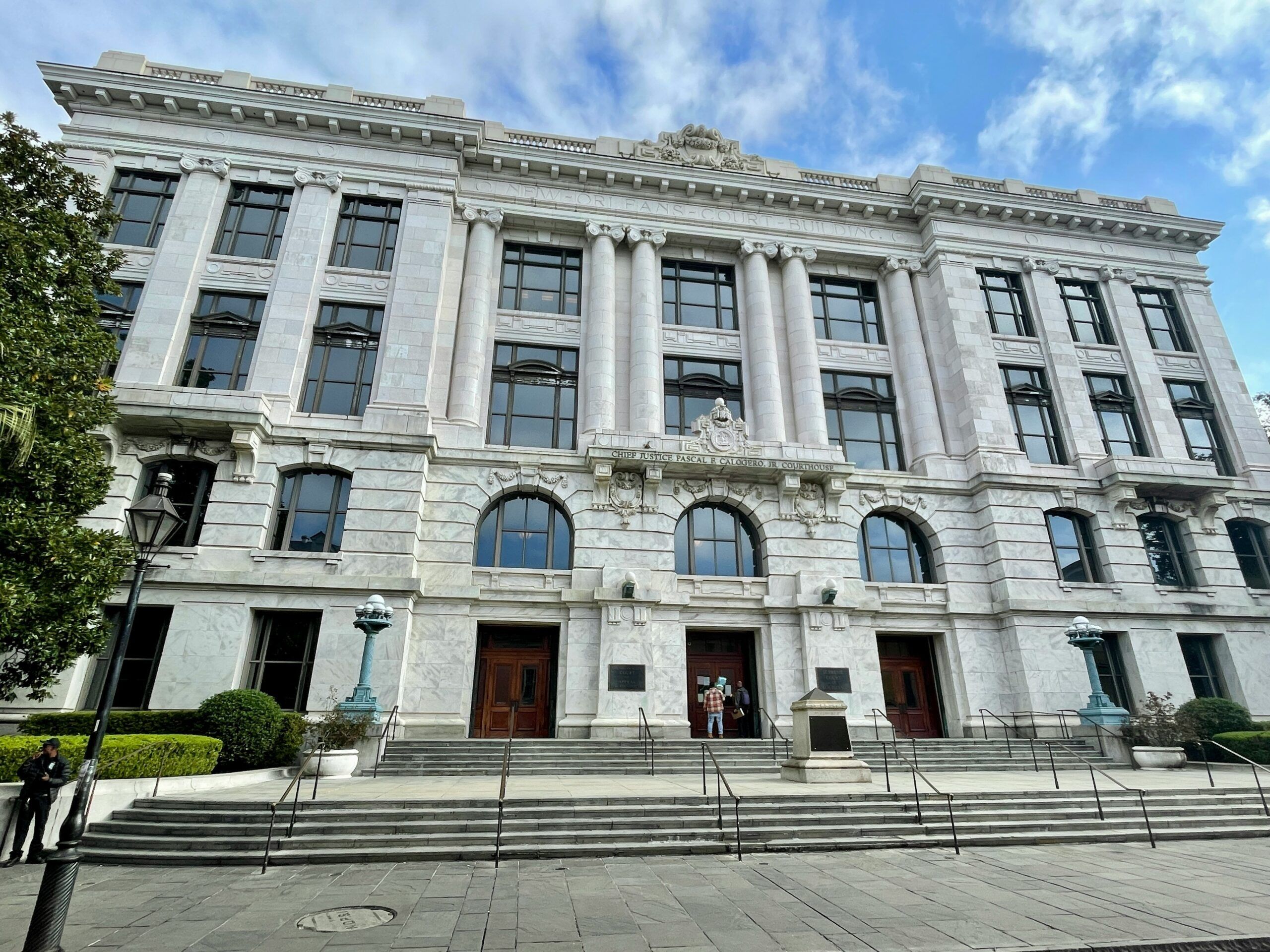Feature Article: What Do We Do When Our Institutions Fail Us?
Author: Dr. Michael H. Hoeflich
This article is featured in Volume 4, Number 4 of the Legal Ethics and Malpractice Reporter.
I have been a lawyer for 43 years, and there has not been a day when I doubted my choice of profession. I have held many legal jobs—as a practitioner, a teacher, and a law school dean. While there have been a few times when I worried about the law and the legal profession, I always believed that law was the bedrock upon which our republic was built, and that Americans generally venerated the law and legal institutions. As a teacher of contracts, ethics, and legal history, I am keenly aware of the critical role that trust plays in making the law, legal institutions, and the legal profession function effectively. The essence of the lawyer-client relationship is fiduciary responsibility, which is built on trust. Similarly, as is often pointed out, our courts do not possess sufficient enforcement assets to force the American people to follow their decisions. Americans obey the law because we believe in it. When too many people lost faith in the law, we fought a civil war—something I pray will never happen again.
It is within this context that I find myself becoming seriously troubled at what is now happening in the United States. I am seeing what seem to be multiple breakdowns in the law, the legal profession, and legal and law-related institutions. I see so many that I fear that the underlying societal compact by which our republic survives may be at risk.
Every lawyer swears an oath to obey the law and uphold the Constitution of the United States. As part of that, every lawyer becomes subject to the Rules of Professional Conduct as they are adopted in each jurisdiction. These rules are wide ranging and, more importantly, are the principal means of regulating the profession and insuring not only that the legal system works, but, also, that the public retains its trust in the system and the profession. The various state Codes of Judicial Conduct and the Federal Code of Judicial Conduct are the analogue of the Rules of Professional Conduct. They regulate judicial conduct on and off the bench. In many respects, they are even more important than the rules that regulate lawyers.
At the moment, I think that the public trust in lawyers, courts, and the law in general is unraveling. The post-2020 election litigation and the subsequent trials and disciplinary hearings against a number of lawyers have been all over the media, and the image of lawyers portrayed is not flattering. One can say to people that the lawyers who are in trouble are not typical lawyers and that their actions are not those most lawyers would take, but it is a hard argument to make with lawyer misconduct on the front pages every day.
The post-2020 post-election fallout is, of course, not the only highly publicized news these days. It has recently been revealed that New York failed to put its most recent bar examination results online when promised. I remember when I took the New York Bar that on the day the results were released in the New York Times, I went to the local newsstand at 5:00 a.m. to buy a copy of the paper to discover whether I had passed. There were a fair number of others doing the same thing. I cannot even begin to imagine the trauma experienced by exam takers in New York when they discovered that the results had been published but they could not access them. I have a strong feeling that many of those young lawyers will now have serious trust problems as regards the New York court system.
The biggest legal ethics issue in the media today concerns Justice Clarence Thomas and the trips he took as gifts from billionaire real estate developer Harlan Crow. It appears that these trips cost hundreds of thousands of dollars, went on for decades, and were not disclosed on the disclosure forms Supreme Court Justices are required to file annually. Justice Thomas has responded to the public and media concerns about this non-disclosure by citing advice he was given by another unidentified Supreme Court Justice early in his career. Both Justice Thomas and Mr. Crow have quite strenuously stated that they are personal friends, and that having Justice and Mrs. Thomas on trips was simply something that Mr. Crow does for close friends. Mr. Crow has also asserted that he and Justice Thomas never discussed Supreme Court cases and that Mr. Crow has never had a case before the Court while Justice Thomas was sitting. One media organization has challenged this statement and claims have found evidence of one case in which Mr. Crow had an indirect interest and suggested that Justice Thomas did not recuse himself, but this has not been proved as of the time of writing this column.
The larger issue here seems not to be whether Justice Thomas failed to disclose gifts he and his family received, but rather that Supreme Court Justices are not subject to any formal rules of ethics as other federal judges are. Therefore, regardless of whether Justice Thomas acted unethically—assuming we should measure his actions against the ethical codes which regulate lower court judges—the matter of public trust is at stake.
In the past few years, the Court has had to face rather considerable challenges to its legitimacy in the eyes of many Americans. First have been its decisions, which have aroused the ire of millions of Americans in our highly partisan political and social environment. Since the Supreme Court takes on the most critical legal issues that shape our nation, it is not at all surprising that their opinions give rise to public anger, even outrage.
Second, the unprecedented leak of a draft of the Court’s decision in Dobbs and the failure of the Court’s investigation to uncover its source has raised significant questions about the effective functioning of the Court and Chief Justice Roberts’ administration of it. This continues to be a concern for many lawyers and the public.
Third, as Justice Thomas has become a more active and assertive Justice and a real force in shaping the Court’s decisions and the shape of American society, his and his wife’s actions have come under greater media scrutiny. This latest issue about his relationship with Harlan Crow has, again, placed him in the public limelight and stimulated discussion of whether there needs to be an ethics code for Supreme Court Justices. More fundamentally, it has again led to questions about the Court’s legitimacy and whether the Court is a neutral arbiter of the country’s most critical legal issues.
The decisions over whether the Court needs an ethics code and whether Justice Thomas or other Justices have acted improperly are transcended by the question of whether the Court is losing its legitimacy in the eyes of the American public. That must be part of any discussion about the future of the Court. If the public loses faith in the Supreme Court and its decisions, as it did in the eyes of millions in the 1850s, then the results could shake the very foundations of the Republic. One has to remember that the purpose of ethical codes is not simply to regulate, but to assure the public that they can trust lawyers, judges, and the legal system. When we lose that trust, we lose our nation of laws.
>>READ THE FULL ISSUE OF LEMR, Vol. 4, No. 4
About Joseph, Hollander & Craft LLC
Joseph, Hollander & Craft is a mid-size law firm representing criminal defense, civil defense, personal injury, and family law clients throughout Kansas and Missouri. From our offices in Kansas City, Lawrence, Overland Park, Topeka and Wichita, our team of 25 attorneys covers a lot of ground, both geographically and professionally.
We defend against life-changing criminal prosecutions. We protect children and property in divorce cases. We pursue relief for clients who have suffered catastrophic injuries or the death of a loved one due to the negligence of others. We fight allegations of professional misconduct against medical and legal practitioners, accountants, real estate agents, and others.
When your business, freedom, property, or career is at stake, you want the attorney standing beside you to be skilled, prepared, and relentless — Ready for Anything, come what may. At JHC, we pride ourselves on offering outstanding legal counsel and representation with the personal attention and professionalism our clients deserve. Learn more about our attorneys and their areas of practice, and locate a JHC office near you.












